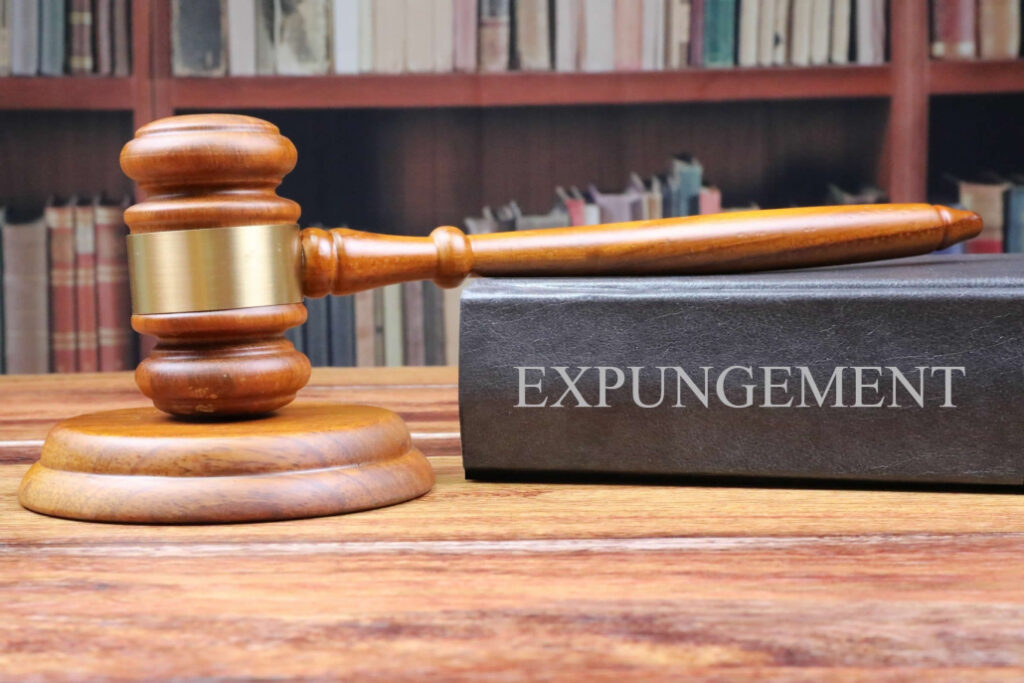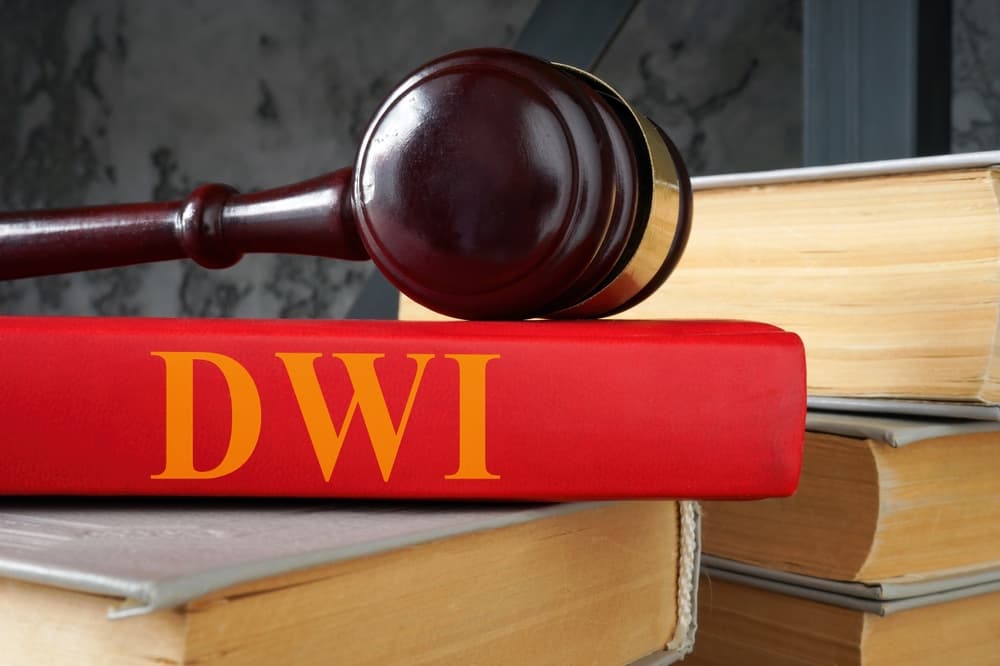The Importance of DWI Expungement in Texas
DWI expungement is crucial for individuals seeking to move forward after a conviction. In Texas, having a DWI on your record can severely impact employment opportunities, housing applications, and personal relationships. Expungement allows individuals to clear their record, providing a fresh start and the chance to reintegrate into society without the stigma of a past conviction.
Furthermore, the expungement process can restore rights that may have been lost due to a DWI conviction, such as the right to own a firearm or apply for certain professional licenses. This legal remedy not only benefits the individual but also promotes a more rehabilitative approach to criminal justice, encouraging those who have made mistakes to contribute positively to their communities.
Steps to Initiate the DWI Expungement Process
Initiating the DWI expungement process in Texas involves several key steps that must be followed carefully. First, individuals must determine their eligibility for expungement based on the specifics of their case, including whether they completed all terms of their sentence and if they have any pending charges. Once eligibility is confirmed, the next step is to gather necessary documentation, including court records and proof of completion of all legal obligations.
After compiling the required documents, individuals can file a petition for expungement with the appropriate court. This petition will detail the reasons for seeking expungement and must be accompanied by a filing fee. It’s often advisable to consult with an experienced attorney to navigate the complexities of the legal system and ensure that all steps are completed correctly, increasing the likelihood of a successful outcome.
Common Myths About DWI Expungement
There are several myths surrounding DWI expungement that can mislead individuals seeking to clear their records. One common misconception is that all DWI convictions are eligible for expungement, which is not true. In Texas, only certain cases, such as those where charges were dismissed or resulted in acquittal, can be expunged. Understanding these nuances is essential for anyone considering this legal process.
Another myth is that expungement automatically occurs after a certain period. In reality, individuals must actively pursue expungement through legal channels. This process requires a thorough understanding of the law and may involve hearings, making it crucial to seek professional legal guidance to dispel these myths and facilitate a smoother expungement process.
Legal Assistance for DWI Expungement
Securing legal assistance is a vital step in the DWI expungement process. An experienced attorney can provide invaluable guidance, helping individuals understand their rights and the specific requirements for expungement in Texas. Legal professionals can assist in preparing the necessary paperwork, representing clients in court, and ensuring that all procedural steps are followed correctly.
Moreover, legal representation can significantly increase the chances of a successful expungement. Attorneys who specialize in criminal law are familiar with the intricacies of the judicial system and can advocate effectively on behalf of their clients, addressing any objections from the state and navigating potential challenges that may arise during the process.



